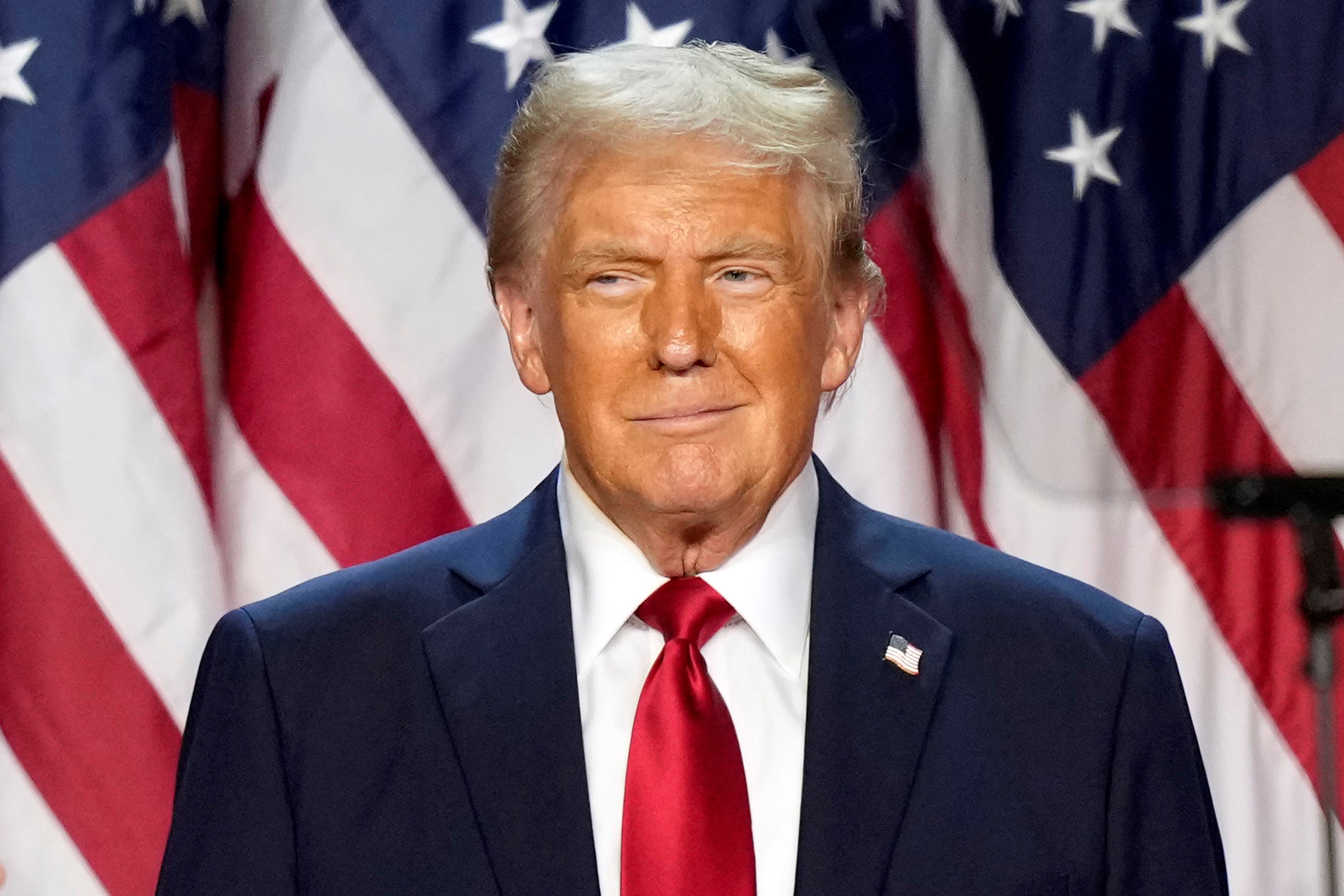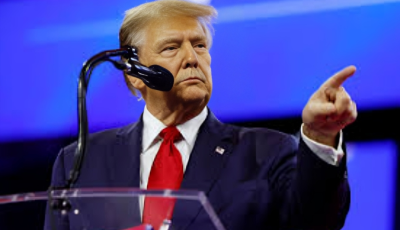What impact will Trump have on the global economy?
The International Monetary Fund (IMF) has already warned that a U.S.-China trade war could significantly hinder global economic expansion.

Donald Trump's return to the U.S. presidency is raising concerns among economists and global leaders about the potential negative impact on the world economy.
Experts warn that his protectionist stance, which dominated his first term, could lead to a resurgence of trade wars, higher inflation, and slower economic growth globally,
Global Trade at Risk
Trump's economic policies during his first term included imposing punitive tariffs on trade partners, particularly China. His 2024 campaign promises indicate he is likely to continue this approach. He has pledged to introduce a 60% import tariff on Chinese products and an additional 10% tariff on goods from other countries. Such tariffs could spark retaliatory measures from major trade partners like China and the European Union.
The economic consequences of these tariffs could be severe. A study by Roland Berger consulting estimates that retaliatory tariffs would have a significant economic impact on key global economies.
The European Union could lose $533 billion by 2029, while the United States could see a $749 billion hit, and China could face losses of $827 billion. The same study suggests that emerging markets like India, Indonesia, and Brazil would be less affected.
Despite these warnings, some economists, like Jamie Thompson from Oxford Economics, believe that the immediate economic effects could be muted due to delays in policy implementation. However, he suggests that the economic outlook could improve in 2026 and 2027 as the looser U.S. fiscal policy could outweigh the drag caused by tariffs.
But if across-the-board tariffs are imposed, the global economy could shrink by up to 0.75%, and global trade could contract by approximately 3% by the end of the decade.
Inflation Surge
Another major concern with Trump's policies is the potential for inflationary pressures. After a period of rising interest rates by the Federal Reserve, inflation had begun to subside in the U.S. earlier in 2024.
However, Trump's economic agenda could reignite inflation, particularly through tariffs on imports. The Peterson Institute for International Economics estimates that tariffs could increase China's inflation rate by 2-4 percentage points.
In addition to trade policies, Trump's stance on immigration could further fuel inflation. His proposed actions, including large-scale deportations of unauthorized immigrants, might exacerbate labor shortages in the U.S. According to the Pew Research Center, about 8.3 million unauthorized workers could be affected by such policies.
The Peterson Institute forecasts that this could add more than 2 percentage points to U.S. inflation in the coming year, and slightly higher inflation in Europe and China.
As inflation rises, central banks, particularly the U.S. Federal Reserve, may be forced to halt their interest rate cuts, which had been hoped to stimulate consumer spending and business investment. This could undermine efforts to foster global economic recovery.
Slower Growth and Trade Wars
The risk of a full-scale trade war, particularly between the U.S. and China, could hamper global growth. Asia, which contributes around 60% of global growth, would be severely impacted by such a conflict. The International Monetary Fund (IMF) has already warned that a U.S.-China trade war could significantly hinder global economic expansion.
Trump's protectionist measures could also dampen U.S. growth, which has been one of the fastest-growing developed economies. The Peterson Institute projects that his policies could reduce U.S. GDP growth by up to two percentage points per year between 2027 and 2031 compared to baseline projections.
Global Economic Outlook Under Trump
Overall, Trump's return to the White House could pose significant risks for the global economy. His protectionist policies, if fully implemented, could lead to weaker global trade, higher inflation, and slower economic growth.
While some experts expect that the U.S. economy might benefit in the short term from looser fiscal policy, the long-term outlook suggests a period of global economic challenges. The trade conflicts and inflationary pressures could stifle international cooperation and trade, which are vital for global prosperity in an interconnected world economy.
[AFP Inputs]


















तपाईको प्रतिक्रिया दिनुहोस